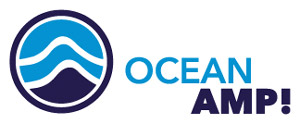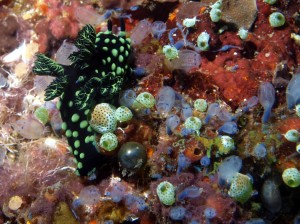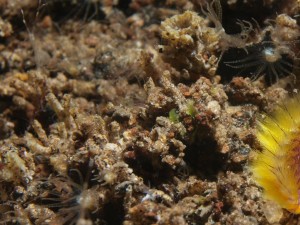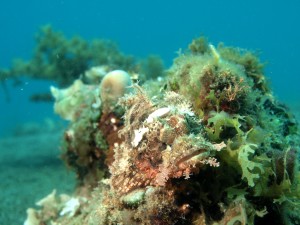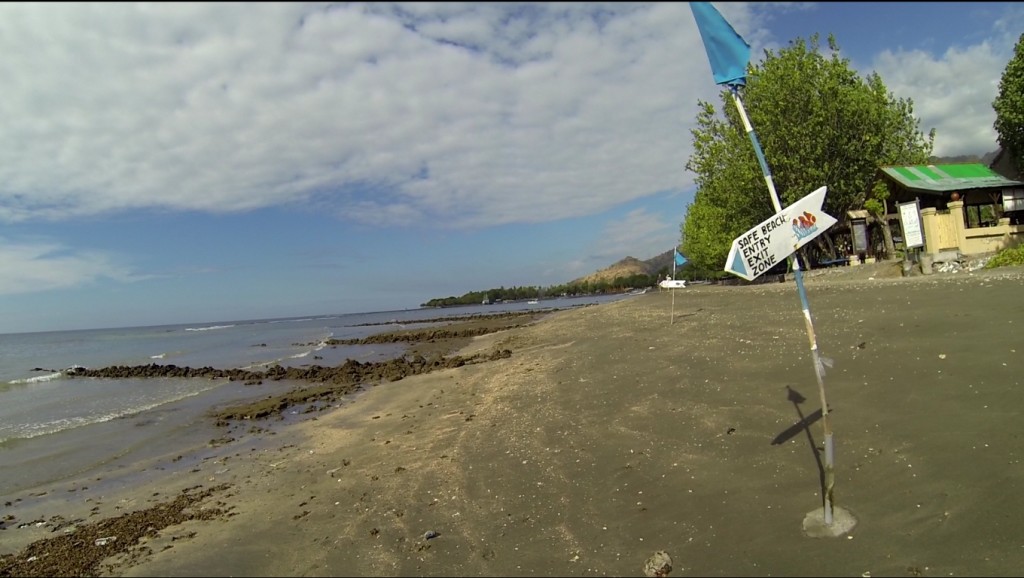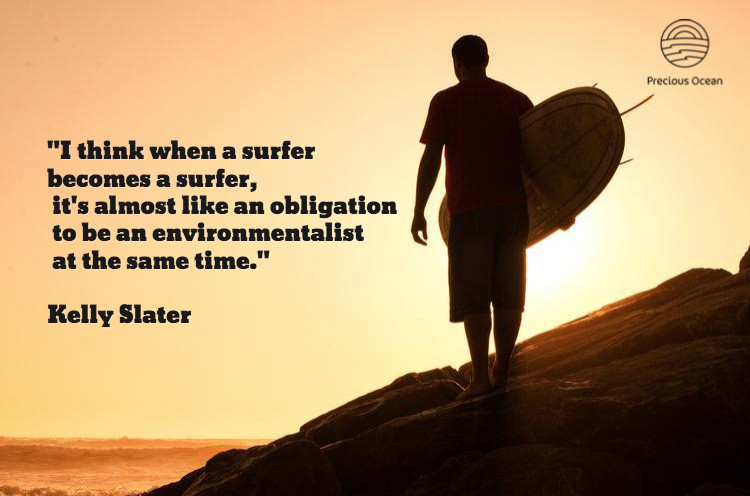Environmentally friendly diving is easy! If you ever went in a dive instructor or diving course you learnt that the only important stakeholder in the whole diving industry is the customer.
So it’s you! Yes it’s you and because of that you have the very important task to ensure that all this beautiful dive sites on this world are retained.
Pfff! Sounds like a big responsibility and a lot of work but Don’t PANIK it is not! You will see that your dives become easier and safer by practising environmentalism. Without any extra cost!
Keep an eye on your buoyancy
A good buoyancy is the best protection for the environment and for yourself.
Why: If you are able to keep your buoyancy you will most likely not bump into the reef and break corals or smash something else.
Your benefit: A perfect buoyancy will effect your air consumption in a positive way. The less you have to think about it, the longer your air will last. Also corals can be very sharp and you can easily cut yourself if you get to close.
What the diver in the video is doing is a absolute No-Go. He is holding on to the reef and kicking it with his fins. The Anemone here of course do not take that much damage but corals would have been broken for sure.
[wpdevart_youtube]7Is3zLtHQlY[/wpdevart_youtube]
My Tip: If you have any Problems with your buoyancy take a buoyancy course. For example PADI and SSI offer these courses.
Keep an eye on your fin kicks
The energy you produce while kicking with your fins can cause damage on the ground.
Why: Depending on how close you are and how hard you kick you can even break corals without touching them. Also there are a lot micro organisms and plants living on the ground. If you swirl up sand and dirt with your fins, this stuff will cover the animals and plants living on the ground when it settles back down. The result is that these creatures can not breath any more and die.
Your benefit: If you swirl up a lot of dirt with your fins, soon the visibility will be very bad so your buddy will appreciate if you have an eye on where you are kicking.
My Tip: Why not try to learn the Frog-Kick.
Do not sit, knee or lay down on the ground
You would not sit on a coral reef on purpose I hope, but how about a sandy or rocky ground?
Why: You should be careful here. Often fish you can hardly see hide on the ground. For example the stone fish. If you sit down on one of these you stress, harm or even might kill the fish.
Your benefit: By not sitting on the ground at all you minimise the risk of getting hurt by something hiding in the sand or on the rocks.
Don’t touch anything
Well you should already know that. In every open water diver course they should tell you not to touch stuff.
Why: Touching animals stresses them and you can seriously injure them even it does not look like it. A lot of fish have a protective slime cover. By touching it you destroy this cover and expose them to bacteria and other diseases.
Your benefit: By not touching anything you make sure you do not get stung, bitten or whatever. Some of these fish or shells are really poisonous.
Don’t take anything with you
Do not take any souvenirs with you, no shells from the beach no dead corals and no animals not even dead ones.
Why: In nature everything gets recycled. E.g. a empty cone shell can be used as a new house by a hermit crab.
Your benefit: In a lot of countries it is even illegal to take things like shells or other stuff from the beach as a souvenir. By not taking anything you avoid unpleasant situations at the airport, also you might not see right away if what ever you are taking with, you is really empty or dead.
Behave right on the shore
Use marked entry and exit points
Why: Corals and other stuff is not limited to deep waters, often coral reefs start growing close to the shore. The shallower parts where you can not swim yet might be a breeding ground for a large diversity of different animals and plants and therefore needs to be protected.
Your benefit: Marked entry and exit points are very often the easiest way to get in and out of the water and as divers we know the best way to get into the water is always the easiest way.
Collect the garbage you find during your dive.
You almost always can find things like plastic bags, cans, bottles, parts of fishing nets etc. during your dive, these things need to be collected
Why: Especially plastic bags and fishing nets are extremely dangerous. Turtles often confuse plastic bags with jelly fish and eat them. The plastic bags are of course poisonous but it also stays in the stomach of the turtle. When that happens the volume of the stomach is reduced and the animal can not digest enough food any more which causes the turtle to starve and die.
In left over fishing nets turtles can entangle them self and then they die because they can not get back up to the surface and breath.
One morning we found a dead turtle on our beach, it had water in its lungs why we think it drowned.
Be aware: While collecting garbage under water you have to be careful. Some garbage is down there for a long time already and might have been overgrown with plants or what ever. In this case it is not wise to rip it out. Just take the parts you can easily cut of without causing damage to the environment.
Don’t feed the fish
Yes it is nice to have a lot of fish around you but still don’t do it.
Why: Fish are eating parasites and seaweed from the reefs. This is necessary to keep the reef clean and healthy. When the fish get fed they adapt to the new meal plan soon and stop eating what they are supposed to eat. When the fish stop cleaning the reef seaweed, bacteria and parasites can spread out and damage the reef.
Choose your dive base by environmental criteria and behaviour
Support the ones who really care.
Not every dive base is the same of course. Especially in areas where you have a big choice of different dive bases you can easily let environmental criteria influence your choice. Also dive bases which care about the environment are not necessarily more expensive then other ones.
Some criteria could be:
- The behaviour of the crew. Do they dump trash into the water?
- In what condition is the dive boat. Is it all OK or is it leaking gas or oil somewhere?
- Are enough trash cans with covers on board?
- Does the crew separate the waste, like into organic and other stuff for example?
- Do they talk about environmental aspects in the dive briefings?
- Is the dive base a member of a environmental organization like Green Fins?
- How do the guides behave under water? Do they touch stuff or collect marine life?
- Is misbehaviour of a customer just accepted or dose the crew point out to the customer that he/she did something wrong?
Always keep in mind: You are the most important stakeholder in the industry. If you see any misbehaviours you can talk to the staff of the dive base. They want your money they have to make you happy, but always make sure you stay kind.
Participate in under water clean ups
Often under water clean ups are organized by local scuba companies and they need volunteers to help out.
Why: Well I already told you that plastic, fishing nets and other garbage is not supposed to be in the ocean. With every clean up you help getting rid of this stuff.
Your benefit: You get dives for reduced price or sometimes even for free, you gather experience, you get to know the environment and the location and you meet new people. Also it is great fun.
Last but not least:
Share this article.
Lets reach as many people as possible together !
A lot of environmental violations do not happen on purpose. They happen because people do not know better so it is important to make people aware of the problems. Share this with your friends in your social networks or via e-mail.
More Information
For German speaking people a good source is the website of the VDST. Check out their guidelines for environmental friendly behaviour as a diver.
Four our English speaking readers the Green Fins website could be interesting. They have a lot of brochures and posters of what to do and what not to do under and above the water.
Did I miss something? What do you think? Please write it down in the comments.
